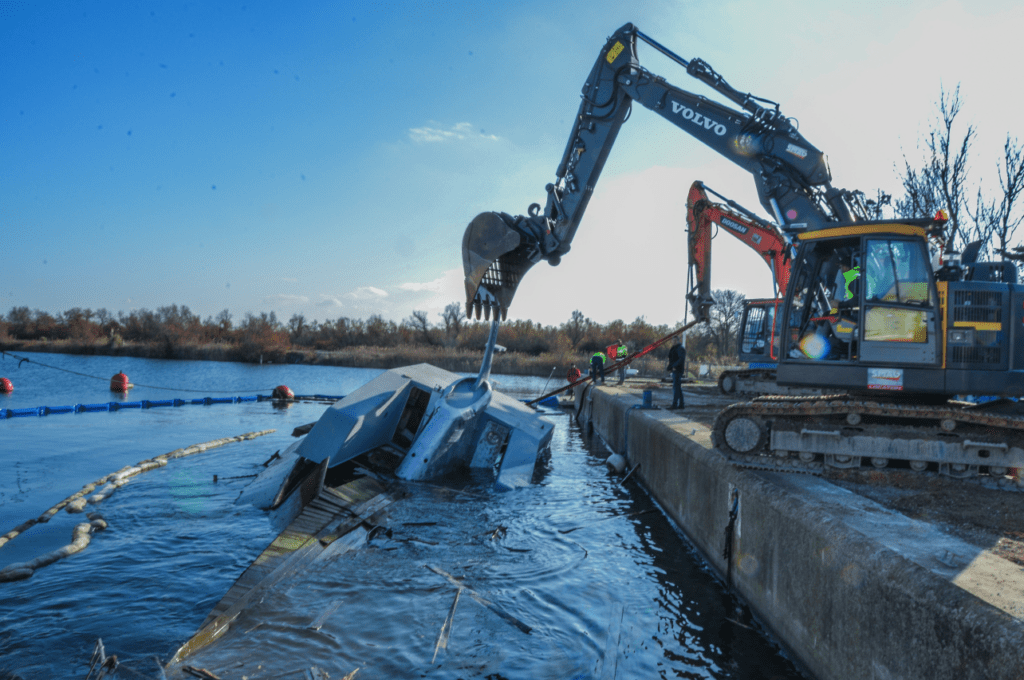A boat sinking in its place afloat, or a boat burning in its place on dry land, here are two types of disasters, unfortunately more frequent than we imagine, caused by malfunctions that can easily be avoided by good habits to be adopted by boaters.
The first cause of damage observed in marinas is an electrical problem: a bilge pump that breaks down, a driver that overheats, a battery that explodes, etc. The second most common cause of damage is water ingress: toilets that siphon, a leaking stuffing box or a broken collar.
The different types of claims in the port
In order to prevent these types of incidents and to keep your boat safe on its place afloat or on its place on dry land, here are some basic safety rules to keep in mind:
- Never leave a boat electrically connected without supervision,
- Never allow a boat's buoyancy to depend on the proper operation of a bilge pump,
- Always close the valves of the hull passages when leaving the vessel,
- Perform a fairing once a year to detect hull weaknesses (infiltration, damaged through-hull, tired gland, etc.),
- Remember to check the electrical circuit and the state of the batteries.
For sailboat owners, it's also very important to remember to de-reef your sails during long periods of inactivity. This not only prevents wear and tear caused by UV rays, but also prevents storm damage, as strong winds often manage to get into the furlers and tear your sails.
Securing your boat and your berth
First of all, a reminder that may seem obvious to most boaters but forgotten by others: it is mandatory to insure your boat at least for :
- Damage caused to third parties,
- Damage to the harbour works,
- Refloating and removal of wreckage in case of sinking.
What's more, if your boat is parked ashore all year round, or is being wintered or careened, it's vital to keep it clear of cradles. In the event of a fire, it is important to be able to move the damaged boat immediately. If cradles is obstructed by obstacles, the boat may burn on the spot, and the fire may spread to neighboring boats.
